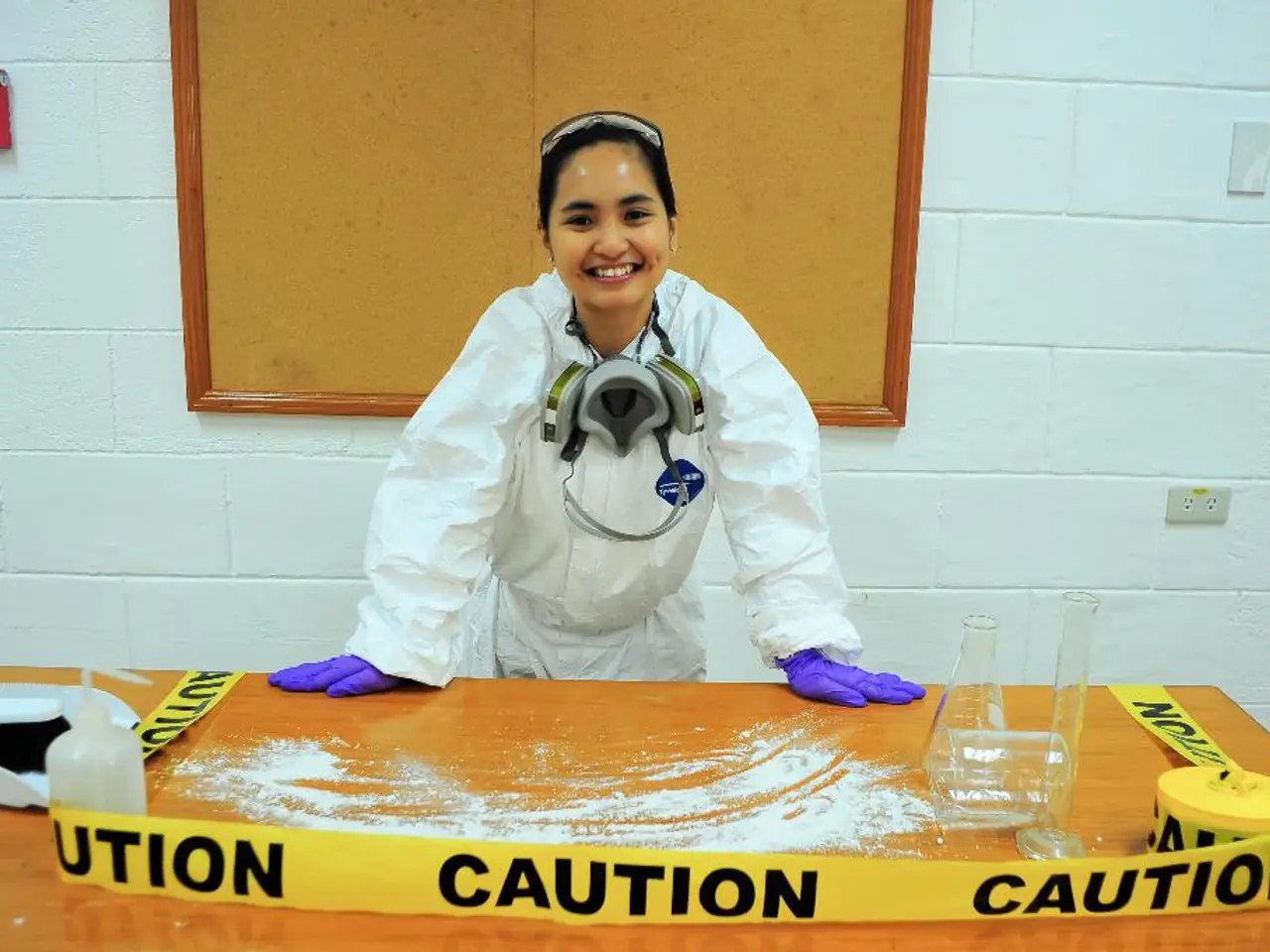Diagnostic Examinations for Coronavirus (COVID-19)
In the ongoing battle against the COVID-19 pandemic, testing plays a crucial role in identifying active infections and understanding the spread of the virus. Three main types of tests are available in the United States: RT-PCR, antigen, and serological tests. Each test type detects different aspects of the virus and has its unique use cases.
### RT-PCR Tests (Reverse Transcription Polymerase Chain Reaction)
RT-PCR tests are the gold standard for detecting active COVID-19 infections. These tests identify the presence of viral RNA, the genetic material of SARS-CoV-2, the virus that causes COVID-19. The test involves extracting RNA from a patient sample, usually a nasopharyngeal swab or saliva, and then converting it to DNA via reverse transcription. This DNA is amplified using PCR cycles, and if viral genetic material is present, it will be detected quantitatively.
RT-PCR tests are considered highly sensitive and specific, with sensitivity depending on sample type and viral load but being generally very high (near or above 90%) when properly conducted. They are primarily used for diagnosing active infection in symptomatic or asymptomatic individuals.
### Antigen Tests
Antigen tests offer a faster and simpler alternative to RT-PCR tests. These rapid tests detect specific proteins, usually nucleocapsid proteins, from the virus. The tests use antibodies that bind to viral proteins if present in the sample, often collected via nasal swabs. A positive result indicates current infection.
While antigen tests are quicker and easier to administer, they are generally less sensitive than RT-PCR tests, especially in cases of low viral load. This means they may be more prone to false negatives. Antigen tests are used for rapid screening, especially when quick results are needed or in settings with high prevalence.
### Serological (Antibody) Tests
Serological tests, also known as antibody tests, detect antibodies produced by the immune system in response to SARS-CoV-2 infection or vaccination. These tests do not diagnose active infection but inform about past exposure or immune status. They require a blood sample for analysis.
Serology tests are useful indicators of a past SARS-CoV-2 infection but may also detect antibodies produced to combat other types of coronavirus. They are used for epidemiological studies, assessing vaccine response, or determining previous infection.
The availability and cost of COVID-19 tests in the U.S. have been changing. Until May 11, 2023, tests were free of charge to everyone in the U.S., regardless of their insurance status. After this date, private insurance companies will no longer be required to cover the cost of COVID-19 testing, although some tests may still be covered for certain groups, such as those enrolled in state Medicaid programs.
When considering getting tested for COVID-19, individuals should consider whether they have symptoms, have been in a setting where exposure may have occurred, are in a high-risk setting that requires a test, or will be in contact with someone at high risk for severe COVID-19. Rapid tests, also known as direct-to-consumer or over-the-counter tests, are available for purchase online and in retail locations.
It is essential to consult a healthcare professional or visit the local health department's website to learn about the available options and confirm which type of test is appropriate. People can find COVID-19 testing resources in their state on the HHS website.
In summary, RT-PCR tests are the most sensitive for detecting active infections by identifying viral RNA, antigen tests offer faster but less sensitive detection by identifying viral proteins, and serological tests identify past infection or immune response by detecting antibodies in blood. The choice depends on diagnostic goals such as early detection, screening, or assessing immunity.
- For diagnosing active SARS-CoV-2 infections, the gold standard method is RT-PCR testing, which targets the viral RNA, a part of the virus's genetic material.
- Antigen tests are a quicker, simpler alternative for detecting active COVID-19 infections, focusing on identifying specific viral proteins typically collected via nasal swabs.
- Serological tests, also called antibody tests, are vital indicators of past SARS-CoV-2 exposure or immune status, as they target antibodies produced against the virus in blood samples.
- Science and medical advancements have expanded the test options for COVID-19, with a shift in coverage policies for private insurance companies happening after May 11, 2023.
- Adhering to health and wellness recommendations is key when making decisions about COVID-19 testing, such as considering symptoms, exposure risk, high-risk settings, or contact with vulnerable individuals, before opting for rapid tests available over the counter or online.




